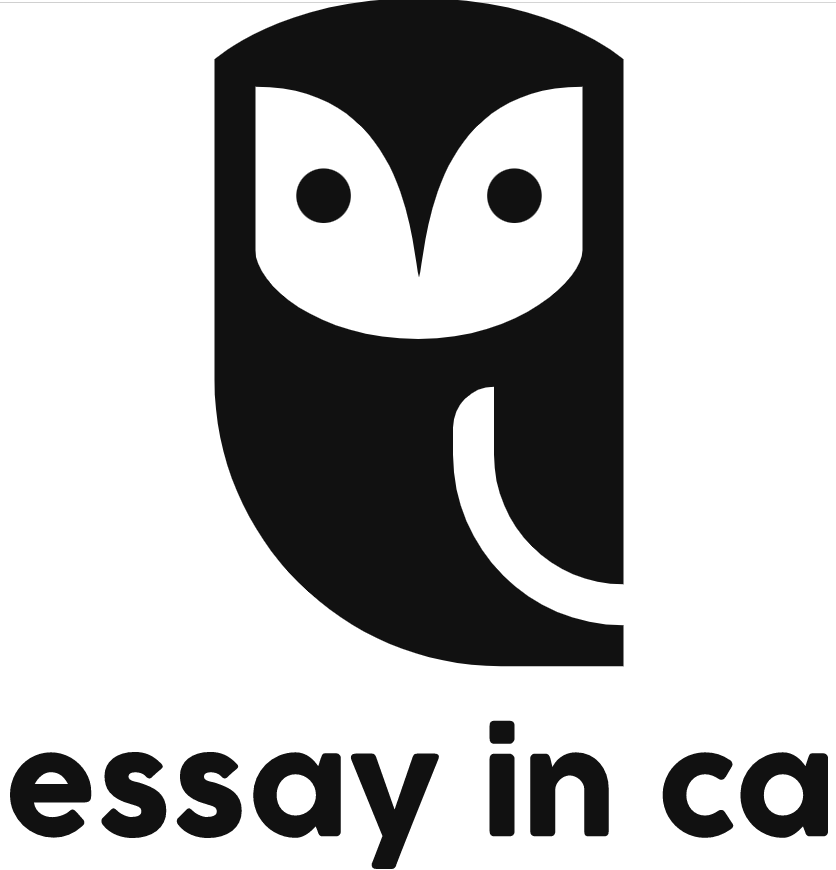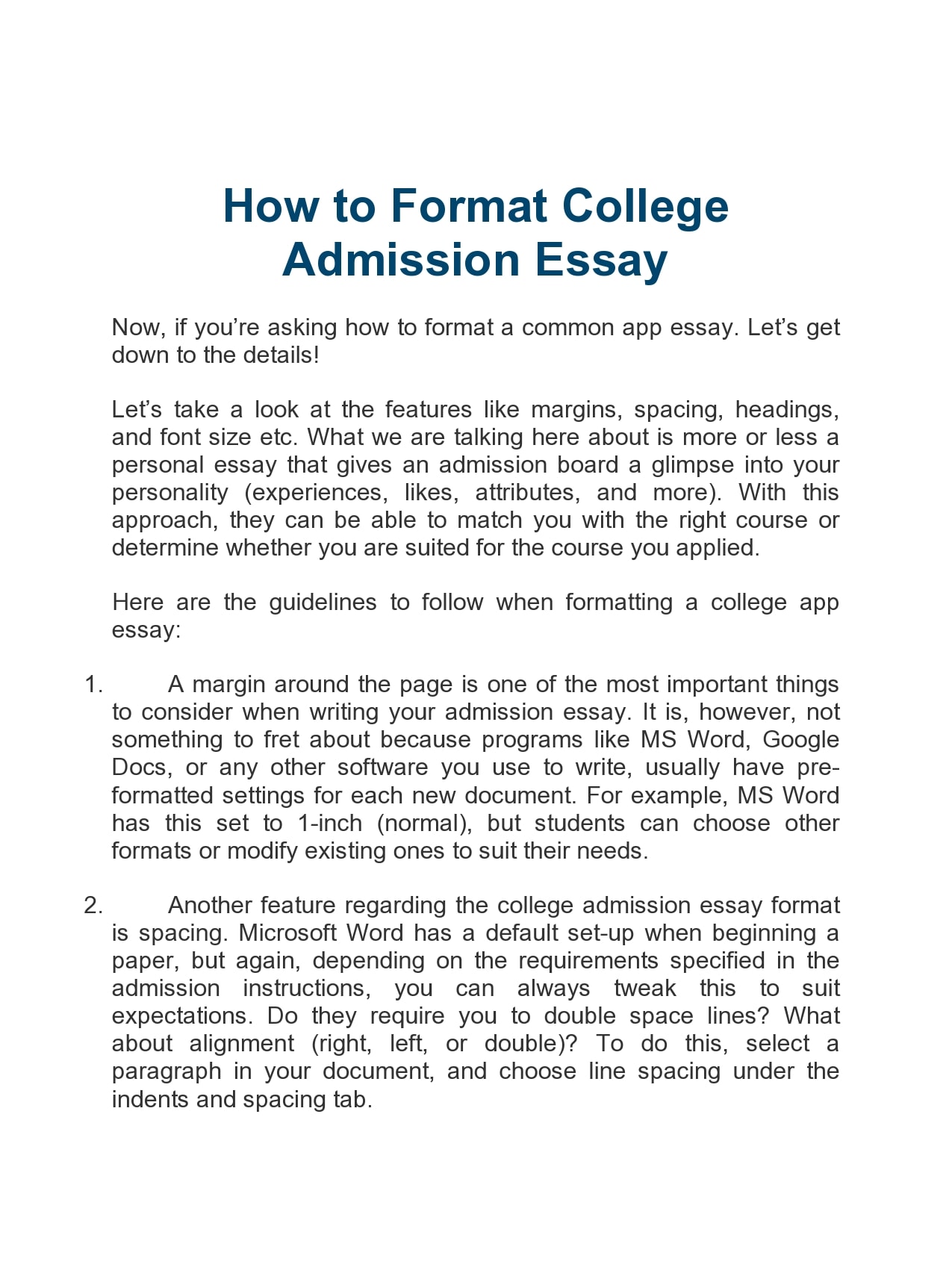As a student, you’ve probably wondered how to write a college essay. There are many ways to structure your essay, from using specific examples to storytelling. If you’re unsure of how to start, try narrowing your focus to one specific object, idea, or relationship. In addition to these tips, remember that revision is vital to the success of your essay. Here are some of the most common mistakes students make and how to avoid them.
Storytelling
One technique for composing a compelling college essay is using storytelling techniques. For instance, a common application essay should be a short vignette that describes a defining moment in your life. Then, use expository sentences to explain the story’s theme. A good example of a story that employs this technique is Tufts College’s admissions essay, which moves the reader from a love of origami to a passion for science in 250 words.
Using anecdotes in a college essay is also a good idea, because they can help the reader develop a mental image of the event. In addition, a short story will avoid losing the reader’s attention and let the essay be thorough. As a rule of thumb, don’t tell the entire story; instead, focus on the most important moment and provide sufficient context. Alternatively, you can use short, non-descript statements to describe your experience.
Specific examples
Before you begin writing your essay, you should know the topic you are attempting to tackle. Often times, the essay prompt isn’t completely clear, and this can be a huge turn-off for a fluid writer who wants to express his or her true voice. To help you decide what to write about, you should try to think of a story or anecdote that demonstrates your best qualities. Besides focusing on answering the essay prompt, you can also brainstorm ideas by asking yourself a few questions.
The best college essays are crafted to show how they demonstrate the writer’s knowledge and skills. In this essay, Elinor shows that she is proactive and that she has a passion for learning. She works to ensure that the model UN is inclusive of underprivileged people, and even charges a nominal fee to participate. Examples of how to write a college essay that is successful show that the author uses specific details and evidence to highlight their experiences.
Revision
Despite the numerous benefits of revising, few students know how to do it correctly. Generally, they just make minor changes when their professor asks them to and hope for the best. However, understanding the process of revision can help you avoid frustration and improve your essay. Here are some important tips for revising. First, make sure that you understand the prompt. Then, write the essay in the same style as the original, but make sure to use clear and concise language.
The best time to revise a paper is not immediately after the first draft. Wait several hours or days before tackling it. Doing so will allow the writer to gain a distance from the piece, be less protective, and be more ready to make changes. Another good idea is to read your paper aloud so that you can identify any problems you missed on the first read-through. A final read-through will help you identify any errors that you missed in the first draft.
Narrow focus
While it may be tempting to try to cover as much ground as possible in your essay, it is important to keep the scope limited to the topic you’ve chosen. If you’re unable to find enough information on the subject, then it is likely that your topic is too broad. To overcome this, narrowing focus is a valuable strategy to help you avoid doing too much in a single essay. Narrowing focus can include focusing on a single theoretical approach, a particular aspect of the subject, or a sub-area of the subject.
You should start by choosing a topic that captures the attention of the reader. An engaging story will make readers want to read the next chapter and will allow you to tell the story in its entirety. Choose a topic that shows something about the writer. For example, if the prompt asks you to describe a specific moment, you can narrow your focus to one particular experience. You can also use an anecdote to narrow the focus of the essay.
Unusual connections
Identifying “the weird” is step two in your college essay writing. Once you’ve identified “the weird,” the next step is to make connections between the quirks and larger ideas. Colleges want you to think beyond the surface level and develop those small quirks into a cohesive concept. A few ideas for “the weird” include:

